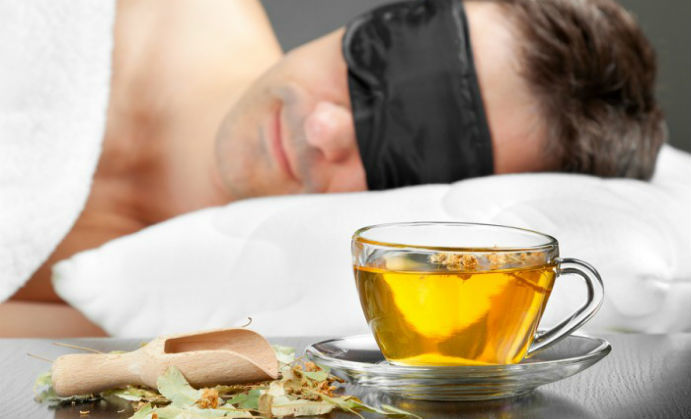Overview
Is there a connection between insomnia and exercise? Okay, to start with, many individuals who suffer from insomnia avoid exercise because of the feeling of tiredness. Ignore what your body tells you if you feel tired. A daily 30-minute brisk walk, or its equivalent, can lead to a significant difference. A mild exercise every day has shown impressive results for persons with chronic cases of insomnia. What type of exercise can help you do away with chronic sleeplessness? The following insomnia exercise programs will help you do proper exercise.
- Moderation
It is vital to moderate your insomnia program and exercise because intense exercising during chronic lack of sleep is highly discouraged. One reason behind moderation is that you are not feeling well probably due to fatigue and tiredness. Moreover, if your insomnia results from anxiety, you may be feeling wired up or tensed. In these case, intense workouts cannot help most persons with chronic insomnia. Handle your body with care, not because of insomnia alone, but because of any imbalance. Remember that sleep, exercise, stress, and diet are all interconnected.
- Consistency
 Your body works well on regularity and routine. Therefore, every self-nurturing or healthy activity that is regular helps to improve your sleep. This not only includes the insomnia-exercise balance, but also eating a good diet, staying with the people you love, and relaxing. Healthy routines are also good for your emotions. They connect you with the reiterating life cycles such as sun cycles. Persons with insomnia have emotional and physical cycles that are off the course. Therefore, anything that contributes to some consistency may address insomnia. However, routines have some drawbacks. They make you repeat negative beliefs and ideas.
Your body works well on regularity and routine. Therefore, every self-nurturing or healthy activity that is regular helps to improve your sleep. This not only includes the insomnia-exercise balance, but also eating a good diet, staying with the people you love, and relaxing. Healthy routines are also good for your emotions. They connect you with the reiterating life cycles such as sun cycles. Persons with insomnia have emotional and physical cycles that are off the course. Therefore, anything that contributes to some consistency may address insomnia. However, routines have some drawbacks. They make you repeat negative beliefs and ideas.
In this regard, we have to eliminate some negative habits or routines and encourage beneficial ones. You must encourage a consistent sleep/wake schedule and daily exercise to address long-term insomnia.
- Timing
Some researches have revealed that increasing your body temperature 4 to 5 hours prior to bedtime may help insomniacs. This strategy encourages a vast body temperature drop at the right time before you retire to bed. It helps you sleep and maintain sleep. You can also do moderate exercises in the early evening to break from the day’s activities, combat stress, and relieve tension, especially if your job involves sitting throughout the day. Consider a situation where you reach your house after work and take a brisk walk without doing your household chores or watching TV. You are unlikely to maintain this program daily because of other things that need to be done. In this case, you should exercise at daybreak. Time is not as vital as a consistent exercise. You can segment your exercise to a twenty-minute workout at daybreak and a fifteen to twenty-minute workout at sundown.
Do not Rush
Start slowly in case you have not been exercising. You can start by walking indoors and walking outdoors later on to enjoy the healing effect. You can also dance indoors and use machines such as exercise bikes and treadmills.
Keep Off Intense Workouts
 Expect for seasoned athletes, do not engage in heavy workouts because the fatigue associated with sleeplessness may cause weakness and exhaustion. The insomnia-exercise connection might turn negative. If you exercise regularly and you are now an insomniac, reduce your workout intensity and change its timing. You can switch morning exercise to the evening or afternoon. Try reducing one-hour exercises to 30-minute exercises.
Expect for seasoned athletes, do not engage in heavy workouts because the fatigue associated with sleeplessness may cause weakness and exhaustion. The insomnia-exercise connection might turn negative. If you exercise regularly and you are now an insomniac, reduce your workout intensity and change its timing. You can switch morning exercise to the evening or afternoon. Try reducing one-hour exercises to 30-minute exercises.
Do Not Participate in Adrenalized Competitions
Keep off highly competitive sporting activities until you have proper sleep patterns. Competition stimulates your mind. Remember that chronic cases of insomnia indicate an alert nervous system meaning that any mental stimulation is unwelcome. Personality changes do not help in curing insomnia. All you need are new, common-sense, and healthy habits.
Do you want to find an effective Insomnia treatment? Check out our top rated Insomnia products










